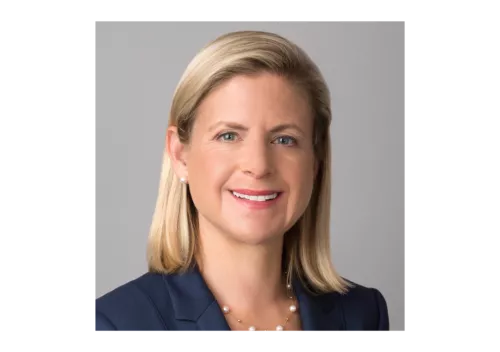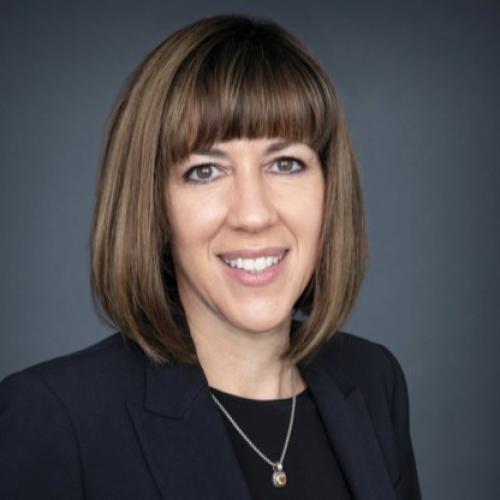Best overall governance for a private company: Graybar Electric Corp
Graybar has been commended for its long-standing commitment to governance practices that are expected at public companies, including providing formal training to board members. Long before he retired, former chairman, president and CEO Bob Reynolds initiated a formal process that required the board to review succession planning every September for the entire company ‘but especially regarding the roles of president, chairman and CEO,’ says Matthew Geekie, senior vice president, secretary and general counsel.
In the three years since Kathleen Mazzarella became chair, president and CEO at Graybar, succession planning has become a year-round review by senior management of all leaders of high potential. It culminates in a meeting of the company officers, who identify individuals ‘who can ascend the ranks,’ says Geekie. Even in evaluating board members – all of whom are internal – the intent is to elect directors who could potentially take on CEO responsibilities.
Graybar’s board and senior management have listened to the debate within governance circles about the value of having outside advisers and independent directors, but so far haven’t opted to do that. To avoid becoming insular, however, board members are urged to join other boards – corporate, not-for-profit or community – and to continue their education to ensure ‘we stay current on best practices,’ says Geekie. Five of its nine directors serve on at least one other board.
Once a year, the board reviews the latest thinking about best practices by ISS, Korn Ferry and other advisers. ‘We evaluate ourselves against that and then, roughly every other year, I’ll make a presentation to the board about what’s going on and we think. Then we discuss whether we want to adopt any of these things,’ Geekie says.
Graybar is required to file quarterly financial statements with the SEC as it has about 6,000 shareholders – all either current or retired employees – which exceeds the threshold above which public reporting is required. ‘Arguably, we wouldn’t need a disclosure committee, but we have one,’ says Geekie. It meets about eight times a year, and representatives from all key departments have a seat at the table ‘to make sure we’re getting the right information out to our fellow shareholders.
‘The benefit of attending to the best practices of corporate governance is the discipline it requires and instills to run your organization with great efficiency and with the best interests of the appropriate constituencies in mind. And it should be for the long term. If things begin to get soft, [such discipline] helps you understand how you should change to make sure you handle the downturns appropriately.’








